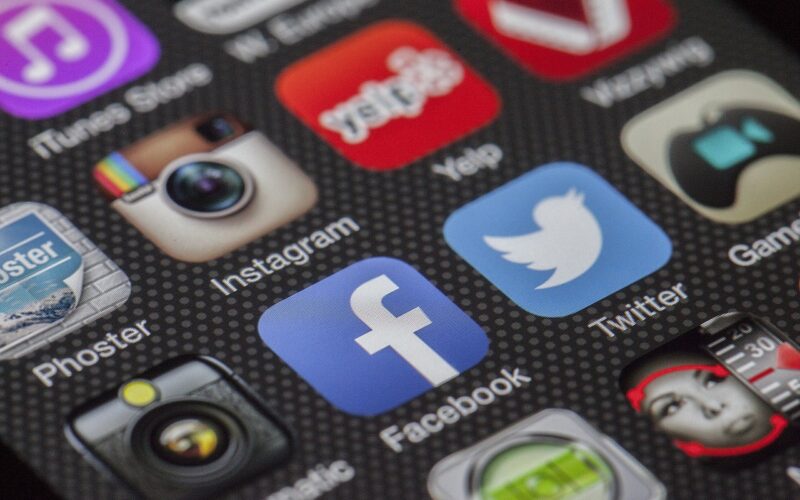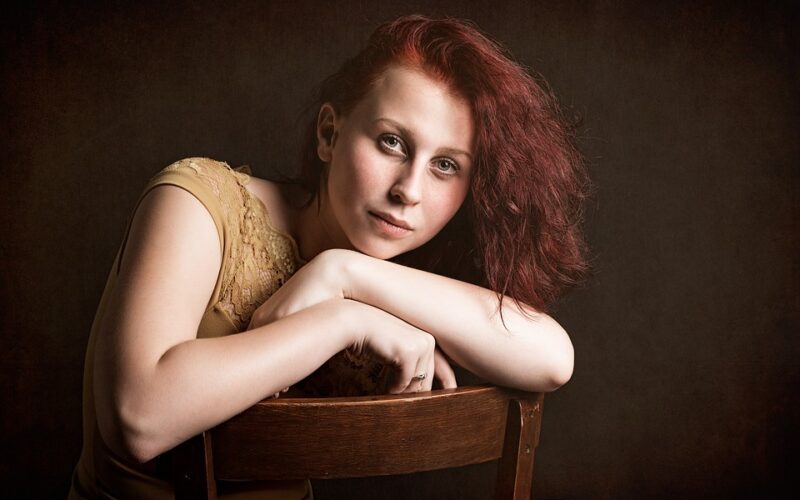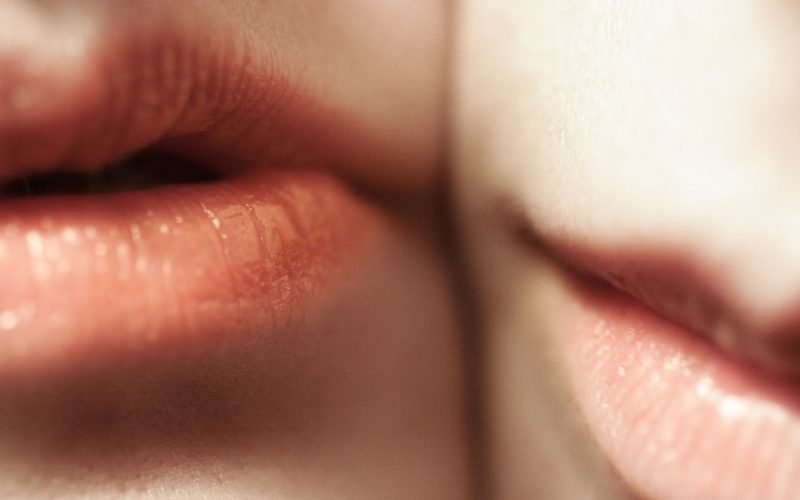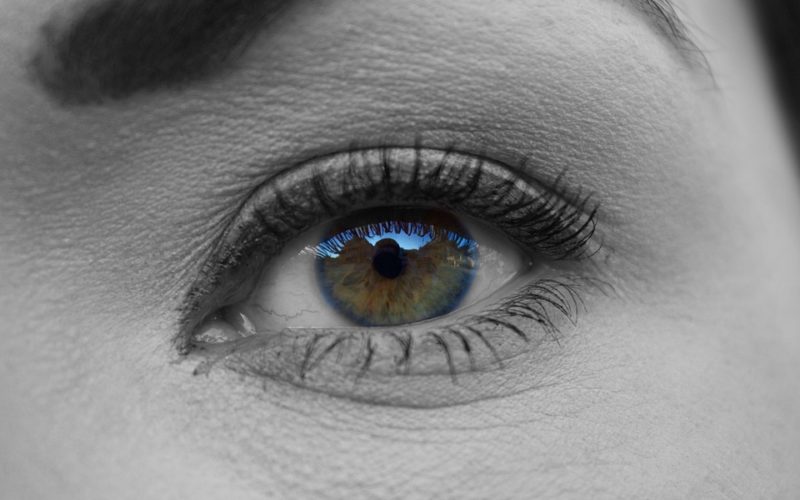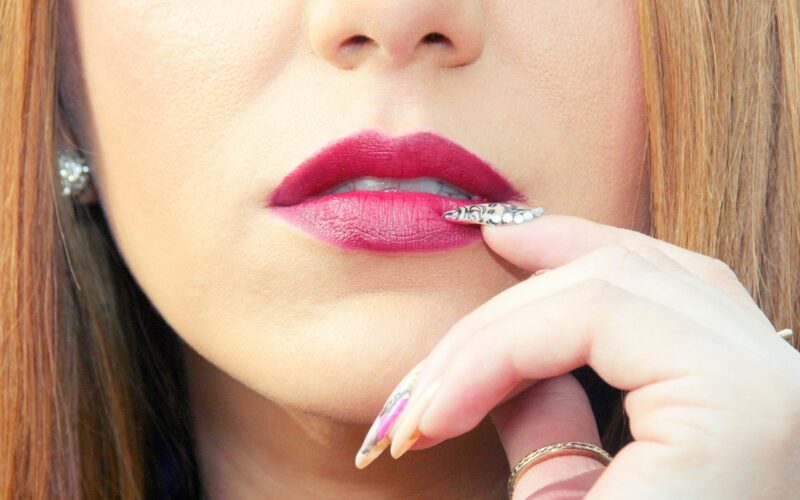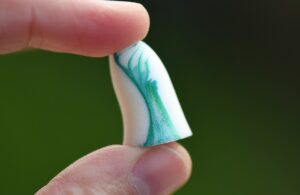Social Media On Beauty
The rise of social media has had a significant impact on the beauty industry in recent years. It has completely transformed the way that consumers interact with brands, and the way that brands advertise and market their products. With the rise of influencers and their huge online followings, traditional advertising methods have become less effective. Now, brands focus on creating engaging content that resonates with their audience.
Social media has also given rise to a new era of transparency, as consumers can easily research and compare products and ingredients, as well as read reviews from other customers. This has placed pressure on beauty brands to be more ethical and sustainable. Overall, social media has revolutionised the beauty industry, and its impact is only set to increase as more people continue to use social media to discover new trends and products.
Influencers and the we view beauty standards
The rise of social media has given birth to a new kind of celebrity - the influencer. These individuals have an enormous impact on the way we view beauty standards. With millions of followers and their carefully curated online personas, they can sway the opinions of their audiences towards certain beauty ideals.
In recent years, we have seen a shift away from traditional standards of beauty like tall, thin models in favour of more inclusive and diverse representations. This change has been largely driven by influencers that have encouraged and celebrated individuality and uniqueness. While there are still challenges ahead, it is undeniable that the impact of influencers has given a voice to those who have not traditionally fit into mainstream beauty standards.
The pressure to present a perfect image
In today's society, social media has become an increasingly popular platform for individuals to showcase their lives. However, more often than not, we see only the positive and flawless aspects of people's lives portrayed on these platforms. This has created a pressure for individuals to present a perfect image online, leading to a negative impact on mental health.
A study conducted by the Royal Society for Public Health found that social media use has been linked to increased rates of anxiety, depression, and poor sleep. It is important to recognise the potential harm that social media can have on mental health and take steps to promote self-acceptance and healthy social media habits.
The role of filters and editing
The widespread use of filters and editing in photos has created unrealistic expectations for beauty. With a simple swipe, an individual can easily enhance or completely alter their appearance. Unfortunately, this can lead to feelings of inadequacy for those who do not possess the same level of perfection.
The use of filters and editing software has become so ubiquitous that some individuals may not even recognise the difference between a natural face and one that has been edited to perfection. It is important to recognise that these are not realistic expectations and to celebrate the beauty in all forms.
The rise of inclusivity and diversity
The beauty industry has been forced to shift in recent years due to the rise of inclusivity and diversity in response to social media backlash. Consumers are no longer willing to accept one standard of beauty, leading companies to cater to a wider range of skin tones, hair types, and body shapes.
Social media platforms have given marginalised communities a voice, allowing them to call out brands on their lack of representation. This shift has also led to an increase in demand for products that do not contain harmful chemicals and are cruelty-free. As the industry continues to evolve, it is essential for companies to listen to the demands of their consumers and create products that celebrate all forms of beauty.
The effects of constant comparisons
Social media has brought along its fair share of negative effects. One such effect is constant comparison, which can lead to feelings of inadequacy, low self-esteem, and unhealthy competition. In a digital age where everything seems perfect online, it's easy to get caught up in a cycle of comparing ourselves to others and feeling like we always fall short. This is where self-love becomes vital. By learning to accept and appreciate ourselves for who we are, we can break free from the shackles of constant comparison and the negative impact it has on our mental health.
It's high time we start prioritising self-love and embracing our unique qualities instead of seeking validation from the digital world around us.
